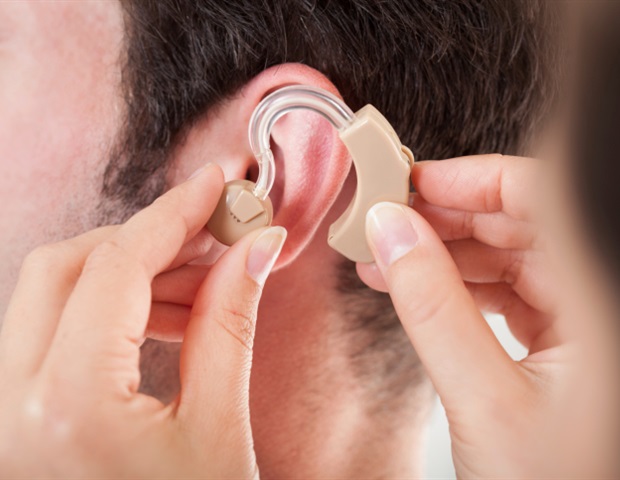An interdisciplinary study led by researchers at the University of South Florida and Indiana University has revealed important insights into the long-term effects of one of the most common forms of chemotherapy on cancer survivors.
Published in Journal of the American Medical Association OncologyThe study followed a cohort of testicular cancer survivors who received cisplatin-based chemotherapy for an average of 14 years and found that 78% of them have significant difficulties in everyday hearing situations, which negatively impacts their quality of life. This collaborative research is the first to measure real-world hearing problems and the progression of hearing loss in cancer survivors over a long period of time.
It is important that we understand the true impact of patients’ sensory problems. If we can do this, we can develop better treatment strategies and preventive measures to improve the long-term quality of life of cancer survivors.”
Robert Frisina, Distinguished University Professor and Chair of the Department of Medical Engineering at USF
Cisplatin is commonly used in chemotherapy treatments for various types of cancer, including bladder, lung, throat and testicular cancer. It is administered intravenously and works on different parts of the body, but the ears are particularly vulnerable because they have little ability to filter out the drug, so it becomes trapped. This leads to inflammation and destruction of sensory cells critical for encoding sound, causing permanent hearing loss that can continue to worsen long after cisplatin treatments have finished.
Lead author Victoria Sanchez, an associate professor in the USF Health Department of Otolaryngology, said that despite the known risks, there is a nationwide lack of routine hearing testing for patients undergoing chemotherapy. “Most patients still do not have their hearing tested before, during or after chemotherapy. Our study highlights the need for regular hearing testing to treat and mitigate long-term hearing damage.”
The research team found that higher doses of cisplatin resulted in more severe and progressive hearing loss, especially in patients with risk factors such as high blood pressure and poor cardiovascular health. They also had increasing hearing problems in normal environments, such as in a noisy restaurant.
“It will be critical to follow these patients throughout their lives. Their current average age is only 48, and at some point they will enter the years when age-related hearing loss also begins to develop,” said Lois B. Travis, MD, the Lawrence H. Einhorn Professor of Cancer Research at Indiana University School of Medicine and an investigator at the IU Melvin and Bren Simon Comprehensive Cancer Center. This research is part of the Platinum Study, an ongoing effort led by Dr. Travis and funded by the National Cancer Institute to study testicular cancer survivors treated with cisplatin.
It is hoped that this study will stimulate further investigation of alternative chemotherapy protocols and preventive measures, such as FDA-approved medications to prevent or reduce hearing loss.
“This research provides oncologists with the information they need to explore alternative treatment plans that could reduce long-term side effects, such as changing the dosage and timing of cisplatin treatment when that might be an appropriate option,” Frisina said.
Innovative solutions such as Pedmark, a new FDA-approved injection to relieve cisplatin-induced hearing loss in children, represent promising advances, according to Frisina.
“We want to protect our hearing or treat hearing loss when hearing damage occurs,” said Sanchez. “Hearing allows us to stay connected to the world we love. Stay connected through conversations with family and friends, enjoy music and entertainment, stay safe and find joy in our living environments. Promoting optimal hearing for overall well-being is essential to living a healthy life.”
Source:
University of South Florida
Journal reference:
Sanchez, VA, et al. (2024). Comprehensive audiological analyses after cisplatin-based chemotherapy. JAMA Oncologydoi.org/10.1001/jamaoncol.2024.1233.




